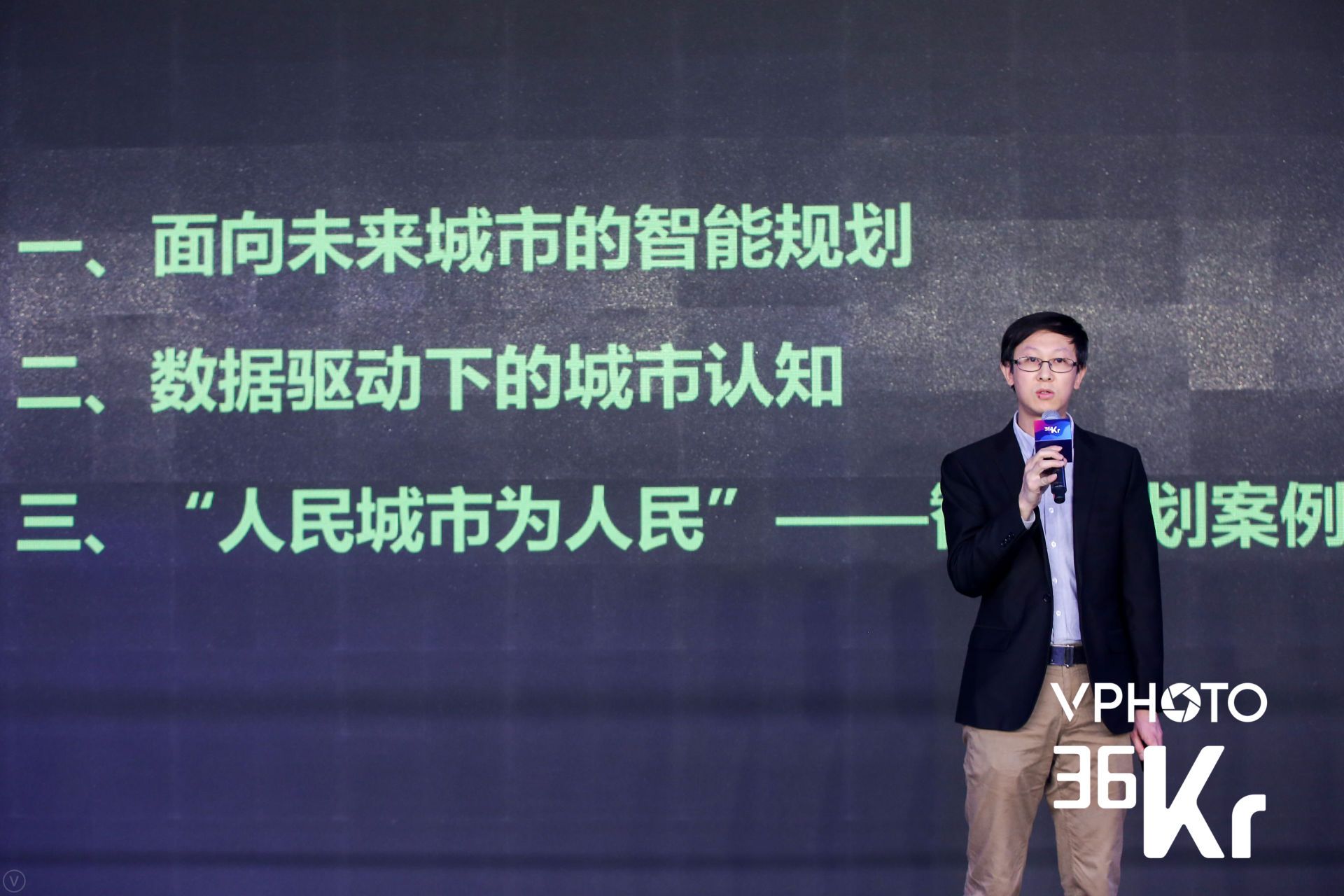“Scenario change is the core new trend for us to define the economic value of cities in the future.”
On November 26, the WISE Future City Summit-“Limited and Infinite Evolution” was held at the Beijing International Convention Center. Xu Hui, director of the Innovation Center of the China Academy of Urban Planning and Design, shared the keynote speech on “Exploration of Smart Planning and Design for Future Cities” at the meeting. He believes: “Future cities must be digital cities. We are the foundation for everything. “
Xu Hui said that in the cities of the future, smart infrastructure, global intelligent systems, and construction of data asset management systems are a fundamental part of building digital twins. Collaborative management in all fields. Digital twins are also a major factor in the cities of the future. It is necessary to closely link space with people’s needs in order to reflect a truly innovative urban connection.
On the understanding of the city of the future, Xu Hui made several judgments: In the future building, the city and the building will be integrated, and can be perceived, calculated, Regulated, every space and every road system is closely related to the management of the city’s entire field, people’s demands, and activities between people. AI’s empowerment of the city will be more reflected in the multiple experiences of people-to-people and people-to-life communication. The ability of AI will provide more vivid scenes for future life.

“Scenario-based change is the core new trend for us to define the economic value of cities in the future.” Xu Hui said. The cities of the future will no longer be based on the economic value of land, but on the management of space assets. Every corner of the future city, any space unit, any function module is valuable.
The place of space is no longer a development concept that has remained unchanged on the simple level in the past, but rather a more diversified use. For example, the street is no longer just a simple transportation facility. It can also combine business activities, public activities, and logistics-related activities to achieve flexible time-sharing management of space.
Xu Hui believes that “Big data drives our perception and understanding of cities. Only with more diverse cognitive data and discovery data can we know which cities in the future are worth investing and whereThere are still issues to be resolved. “
“Summarize all aspects related to the city, society, and environment. Factors are found together through AI to discover its internal laws, and planners’ understanding of scenes and spaces, and their feelings. By analyzing and combing the internal logical value, we can know the portraits unique to each specific space and the problems it presents, and use this portrait to establish our space-based association logic. “
This association logic can help planners find the problem of each unit in the city, and where it relates to the surrounding environment. Everyone will become a city’s “planner” in the digital economy era. Everyone living in the city can give full expressions of demands to urban planning and construction. Professional and technical personnel can make more effective planning decisions based on the summary of each person’s expressions, and can convey services to everyone, every family, every A micro social subject.
Xu Hui said, “ Future cities or urban evolution are just small steps in the history of human civilization, but the infinite creativity and down-to-earth practice of any one of us, Will provide good practices for the map of our future cities and real life in the future. “